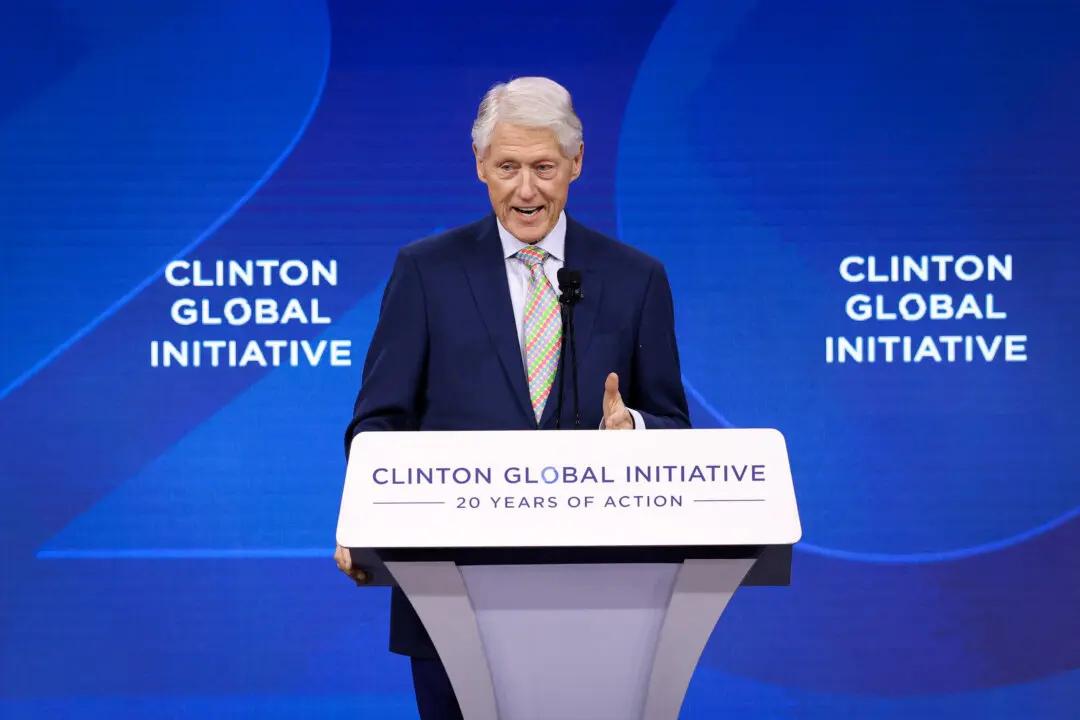The Supreme Court’s chief justice said that some justices had been wrongly questioning colleagues, saying he’s disturbed by the development.
“It has become a disturbing feature of some recent opinions to criticize the decisions with which they disagree as going beyond the proper role of the judiciary,” Chief Justice John Roberts wrote at the end of his majority opinion striking down President Joe Biden’s student debt relief program.





